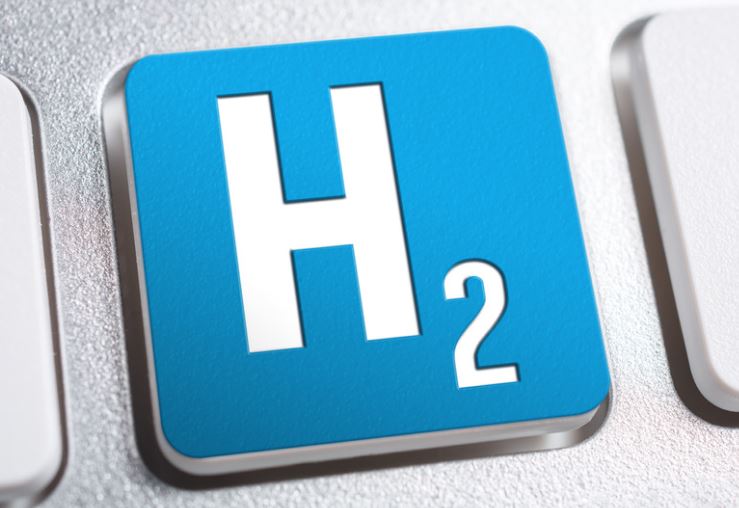Hydrogen energy, considered to be the next-generation energy source, holds promise for generating electricity and heat without carbon dioxide emissions. It is in Japan that this energy resource is experiencing rapid development and growth.
Although Japan is a country with limited energy resources, it is leading the global hydrogen sector. The country formulated the Basic Hydrogen Strategy in 2017, strategically advancing the development of hydrogen-related technologies. According to a report by the European Patent Office and the International Energy Agency, Japan is the global leader in hydrogen-related patent applications, showcasing the country’s innovative role in the sector.
Innovative Companies
In 2023, Nippon Steel utilized hydrogen in steelmaking, achieving a significant 33% reduction in carbon dioxide emissions. The company, in collaboration with JFE Steel, Kobe Steel and the Japan Research and Development Centre for Metals, is currently working on a new project to develop hydrogen usage in ironore processing. This initiative is part of Green Innovation Fund projects launched by the Ministry of Economy, Trade and Industry.
Kawasaki Heavy Industries is focusing on creating an international hydrogen supply chain to cater to the growing demand for hydrogen. The company’s vision includes producing large quantities of hydrogen using competitively priced renewable energy sources, and then transporting it to Japan by ship. This innovative approach was started when hydrogen was not yet widely recognized as a viable fuel.
Recently, Kawasaki Heavy Industries managed to successfully complete a pilot project which involved transporting hydrogen from Australia to Japan by sea. This was possible due to the development of the Suiso Frontier, the world’s first liquid hydrogen carrier.
Moreover, hydrogen is also being adopted in Japan’s railway sector. For instance, JR East is conducting test drives of HIBARI, the country’s first hydrogen hybrid train developed in collaboration with Toyota Motor Corporation and Hitachi. This train operates on power from a fuel cell that generates electricity by reacting hydrogen with oxygen, ensuring zero carbon dioxide emissions.
Support for Hydrogen Initiatives
In 2023, the Japanese government revised its Basic Hydrogen Strategy to support corporate initiatives in the sector by investing over JPY 15 trillion ($98.8 billion) over the next 15 years. The Tokyo Metropolitan Government has also increased its budget for hydrogen-related initiatives.
However, a transition to a green and competitive energy structure will require cross-sectoral collaborations and strengthening public-private partnerships. While the cost production and supply continue to pose challenges as noted by the World Economic Forum, experts believe strategic rules and economies of scale can offer a solution.





